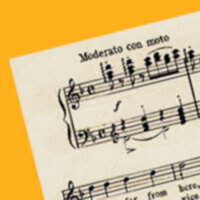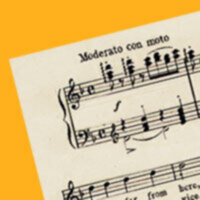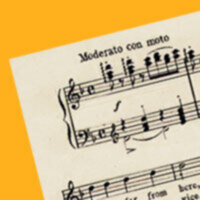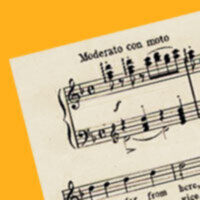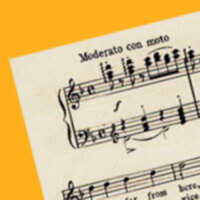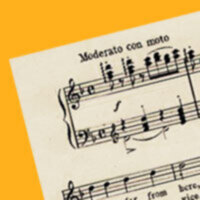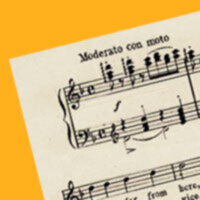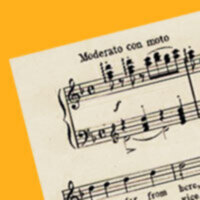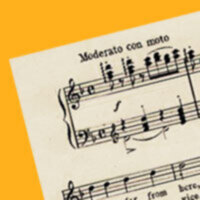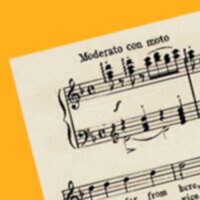Browse Items (43 total)
Sort by:
El Padre Antonio y el Monaguillo Andrés
The song describes the assassination of a popular village priest and altar boy, indirectly referencing the assassination of Bishop Óscar Arnulfo Romero, major figurehead of Liberation Theology. Romero's preaching of liberation theology sought to…
Desapariciones
Forced disappearances were a key tactic of various dictatorships of the Americas. The song follows the story of a man and woman, ordinary people who have disappeared, and the fight their family engages in to try and locate them. The final stanza…
El derecho de vivir en paz
Translated as "The Right to Live in Peace", this song was originally written as a tribute to Ho Chi Minh and talked about the destruction brought forth by the Vietnam War. It wasn't uncommon for the genre's artists to talk about injustice outside of…
Scatterlings Of Africa
Originally written by Clegg for his 1982 album Scatterlings for his previous band, Juluka, it was re-recorded by his new group Savuka. The word, scattering, is defined as someone without a fixed or a permanent home. The usage of the word scattering…
Sun City
Written by Steven Van Zant, this anti-apartheid song was performed by a group of global artists (mostly from the English-speaking world). Though it was a global sucess, the song was banned in South Africa, a common practice for songs whose content…
No More Apartheid
In addition to contributing to the 1985 dance track and protest song "Sun City," Peter Gabriel wrote a new song for the Artists United Against Apartheid's album Sun City. The protest group was founded by American musician Steven Van Zandt with the…
One (Hu)'man One Vote
Written by Johnny Clegg in memory of his former professor, friend and fellow academic, Dr. David Webster, the song's lyrics speak to the nation's frustration with its government. In addition to his work as a social anthropologist, Dr. Webster was…
Nkosi Sikelel' iAfrika
Translated as "Lord Bless Africa," "Nkosi Sikelel' iAfrika" served as South Africa's anthem alongside the apartheid-era "Die Stem van Suid-Afrika" during the years 1994-1997, to the anger of many. In 1996, excerpts from both songs were utilized to…
Bring Him Back Home (Nelson Mandela)
Hugh Masekela, considered the father of South African Jazz, wrote this anthem-like song in 1986 with Nelson Mandela in mind. The lyrics, though few, call for the immediate release of Mandela (who was a big fan of Masekela) and for him to return home…
Tags: Apartheid, genre: jazz, South Africa
Senzeni Na?
Translated into English as "What Have We Done?," this song was very popular song at funerals and gained greater popularity due to its use by anti-apartheid activists. It is compared to the Civil Rights Movement song "We Shall Overcome."…
Tags: Apartheid, genre: folk, South Africa
